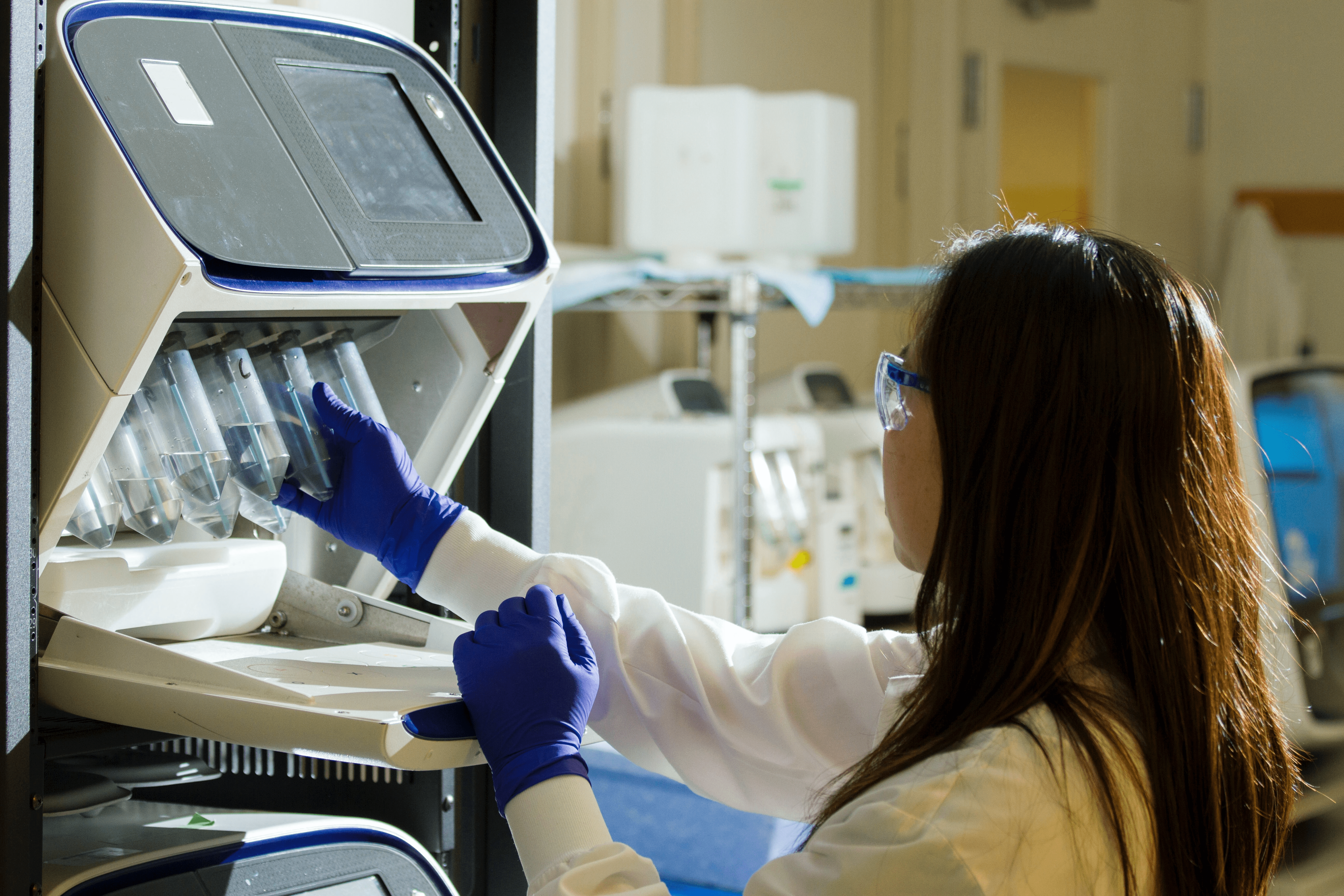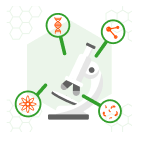Cancer and Genes

The impact of cancer genetics on the field of oncology has significantly altered the care we provide our patients. From last 25 years, the cancer genetics field has grown exponentially from single syndrome testing to the standard of care demanding the simultaneous analysis of over 50 cancer susceptibility genes by routine next-generation sequencing.1
The field of cancer genetics has also extended its purpose, from the simple process of determining individual cancer risks, to assisting patients and their healthcare providers with critical decisions related to surgical choice and treatment. Excitingly, this has led to progresses in clinical care, evident through the earlier detection of cancer, decreased mortality due to personalized treatment, and the prevention of cancers that otherwise would have developed. The new applications of genetic testing and the exploration of novel strategies related to cancer counselling are focal points in this everchanging era in oncology genomics1
Cancer and Genetic Testing – A New Era has BEGUN to ACT!!!
Over the past few decades, the face of genetic testing has changed substantially to incorporate the growing number of genes associated with increased cancer risks. This growth has permitted the development of several testing strategies. Testing options evolved from performing single gene testing only, to single gene testing with reflex to a larger panel, and ultimately panel testing as a single-tier approach.2Win Over Cancer!!!
MyDNA Onco Geneguard is a DNA based genetic test which assesses the genetic predisposition to 15+ cancers, physiological traits known to trigger cancers, and lifestyle traits (e.g., addiction) that can contribute to the risk of cancer.
The test can help prevent - delay the onset, or early detection of cancer and one can start the management or treatment of cancer by taking genetic counselling.
MyDNA OncoGenguard can detect the following parameters:
Cancer Type :
- Colorectal Cancer
- Prostate Cancer
- Lung Cancer
- Breast Cancer
- Bladder Cancer
- Melanoma
- Hodgkin's Lymphoma
- Non-Hodgkin Lymphoma
- Chronic Lymphocytic Leukemia
- Renal Cell Carcinoma
- Ovarian Cancer
- Thyroid Cancer
- Pancreatic Cancer
- Basal Cell Carcinoma
- Testicular Cancer
Traits:
- Obesity
- Prostate Specific Antigen (PSA)
- Nicotine Dependence
- Alcohol Flush Reaction
- Antioxidants
- Alcoholism
Why choose MyDNA OncoGeneguard?
- Gain the advantage of early detection through comprehensive genetic screening.
- Identify potential risks and vulnerabilities to various types of cancers.
- Receive insights to tailor your lifestyle choices for better cancer prevention.
- Make informed decisions that contribute to overall family well-being.
- Uncover genetic insights into hereditary cancer risks and inheritance patterns.
Who Should take MyDNA Onco Geneguard?
- Individuals with a family history of cancer, particularly cases diagnosed younger than age 50.
- Families with more than one close family member diagnosed with either the same type of cancer or related cancers (e.g., breast and ovarian, melanoma, and pancreatic).
- Families with multiple generations affected by the same type of cancer or related cancers.
- Individuals with a history of addiction to nicotine or alcohol.
- Individuals planning for family health.
- Anyone seeking proactive health management.
How Do We Analyse?
Polygenic Risk Score
Based on Polygenic Risk Score (PRS), this report is generated. A polygenic risk score (PRS) estimates an individual’s genetic risk (predisposition) for a trait or condition. PRS takes the sum (aggregate) of SNPs to calculate an overall genetic risk for a particular condition.
How it works?

Order a Kit
.png)
Sample Collection: A technician will visit you to perform the test & collect the saliva sample, ensuring the process is quick, accurate and convenient.

Lab Processing & Data Analysis

Report Generation

Access Your Results: Log into your account or check your email.

Schedule your Genetic Counselling
References :
- Anjana RM, Unnikrishnan R, Deepa M, Pradeepa R, Tandon N, Das AK, Joshi S, Bajaj S, Jabbar PK, Das HK, Kumar A, Dhandhania VK, Bhansali A, Rao PV, Desai A, Kalra S, Gupta A, Lakshmy R, Madhu SV, Elangovan N, Chowdhury S, Venkatesan U, Subashini R, Kaur T, Dhaliwal RS, Mohan V; ICMR-INDIAB Collaborative Study Group. Metabolic non-communicable disease health report of India: the ICMR-INDIAB national cross-sectional study (ICMR-INDIAB-17). Lancet Diabetes Endocrinol. 2023 Jun 7:S2213-8587(23)00119-5. doi: 10.1016/S2213-8587(23)00119-5.
- Prabhakaran D, Jeemon P, Roy A. Cardiovascular Diseases in India: Current Epidemiology and Future Directions. Circulation. 2016 Apr 19;133(16):1605-20. doi: 10.1161/CIRCULATIONAHA.114.008729.
- Chaturvedi V, Parakh N, Seth S, Bhargava B, Ramakrishnan S, Roy A, et al. Heart failure in India: The INDUS (INDia Ukieri Study) study. J Pract Cardiovasc Sci 2016;2:28-35.